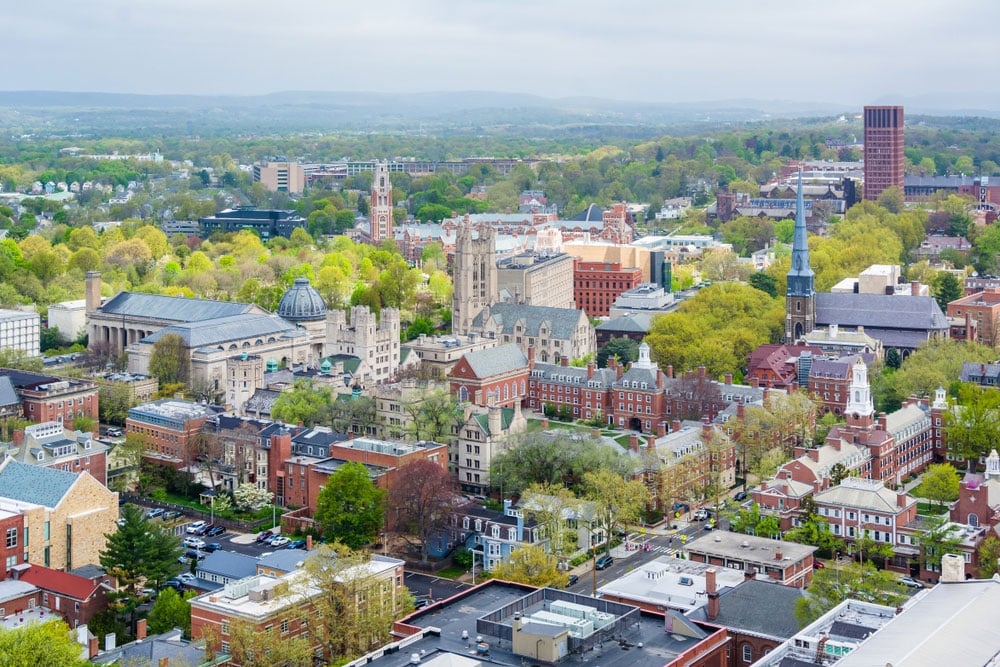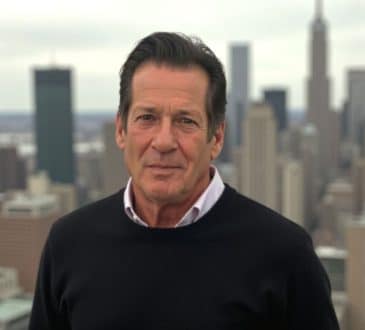Ray Nassar: Bridging Science, Leadership, and Community Impact

Ray Nassar, a driven Yale University student, is a leader in scientific research, public advocacy, and community service. With a passion for advancing knowledge and making a tangible difference, Ray’s journey reflects an unwavering commitment to excellence and innovation. Through groundbreaking research in cancer biomarkers, impactful community work, and a deep engagement in debate and environmental studies, Ray exemplifies the power of blending intellect with service.
What inspired your passion for science and research at such an early stage in your career?
Science has always been a lens through which I view the world—a way to ask meaningful questions and find actionable answers. My passion was ignited when I participated in the Connecticut Science & Engineering Fair. The process of developing a cancer biomarker was a pivotal moment. It wasn’t just about winning awards; it was about realizing the potential of research to save lives. This experience reinforced my belief in science as a tool for societal good, and I’m driven by the opportunity to contribute to advancements that can make a difference.
Your leadership experience spans from coaching debate teams to spearheading fundraising efforts. How do you balance these roles with your academic pursuits?
It’s all about synergy. Each role feeds into the other. Coaching debate, for example, sharpened my public speaking and critical thinking skills, which directly benefit my research presentations. Similarly, fundraising for BuildOn taught me organizational and interpersonal skills that translate seamlessly into team-based research projects. Balancing these roles comes down to prioritization and recognizing how they all contribute to my broader mission of driving meaningful change, whether through science or community leadership.
What motivates your commitment to community service, particularly your work with the Boys & Girls Club of Bridgeport?
Growing up, I witnessed firsthand the transformative power of mentorship and education. Working with the Boys & Girls Club allowed me to give back by helping students build their confidence and improve academically. The idea that a few hours of tutoring can set someone on a path to greater success is deeply fulfilling. Volunteering over 200 hours wasn’t just a number to me—it was an investment in the future of our community.
Your environmental research has garnered attention. Why do you focus on urban vegetation barriers and their impact on air pollution?
Environmental sustainability is inseparable from public health. Living in urban areas like New Haven, I’ve seen the impact of air pollution on communities, especially marginalized ones. Vegetation barriers intrigued me because they offer a low-cost, scalable solution. My research aimed to evaluate their effectiveness scientifically and present actionable findings. It’s about applying science to real-world challenges and advocating for practical solutions that can improve lives while protecting the planet.
As president of both the Chess Club and the Yale Urban Debate League, how do you see these roles influencing your future aspirations?
Chess and debate may seem like unrelated activities, but they both cultivate strategic thinking and decision-making under pressure. As a debate president, I learned how to articulate complex ideas and mentor others—skills I see as essential in any career path. Chess, on the other hand, taught me the importance of patience and foresight. Whether in scientific research, policy advocacy, or leadership, these experiences shape how I approach challenges and opportunities.
Your publication record is impressive for a student. How did you navigate the challenges of publishing?
Publishing was both daunting and rewarding. It required persistence, collaboration with seasoned researchers, and a willingness to embrace constructive criticism. My mentors played a crucial role in guiding me through the intricacies of scientific writing and methodology. What I learned is that publication isn’t just about showcasing findings—it’s about contributing to a broader dialogue in the scientific community.
What role does your upbringing in New Haven play in shaping your values and ambitions?
New Haven is a city of contrasts—rich in culture and history but also facing socio-economic challenges. Growing up around here exposed me to the importance of community and resilience. It inspired my commitment to service and my belief in the power of education to break cycles of inequality. New Haven taught me to value diversity of thought and the importance of giving back, which is reflected in everything I do, from mentoring students to engaging in public advocacy.
Looking ahead, what impact do you hope to make in the intersection of science and public service?
I aspire to bridge the gap between scientific research and policymaking. Too often, groundbreaking discoveries remain confined to labs when they could inform better policies and practices. My goal is to leverage my background in science and leadership to drive evidence-based solutions that address pressing societal challenges, from healthcare innovation to environmental sustainability. Ultimately, I want to be a catalyst for change that is both impactful and enduring.
Ray Nassar’s story is one of relentless curiosity, strategic leadership, and a heart for service. As he continues to grow and contribute, his work stands as a testament to the power of education, innovation, and community engagement.
Have you read?
Best cities in the world.
Largest Economies in the World by GDP (PPP).
Largest Asset Owners In The World.
Best Countries for Work-Life Balance.
Bring the best of the CEOWORLD magazine's global journalism to audiences in the United States and around the world. - Add CEOWORLD magazine to your Google News feed.
Follow CEOWORLD magazine headlines on: Google News, LinkedIn, Twitter, and Facebook.
Copyright 2025 The CEOWORLD magazine. All rights reserved. This material (and any extract from it) must not be copied, redistributed or placed on any website, without CEOWORLD magazine' prior written consent. For media queries, please contact: info@ceoworld.biz








